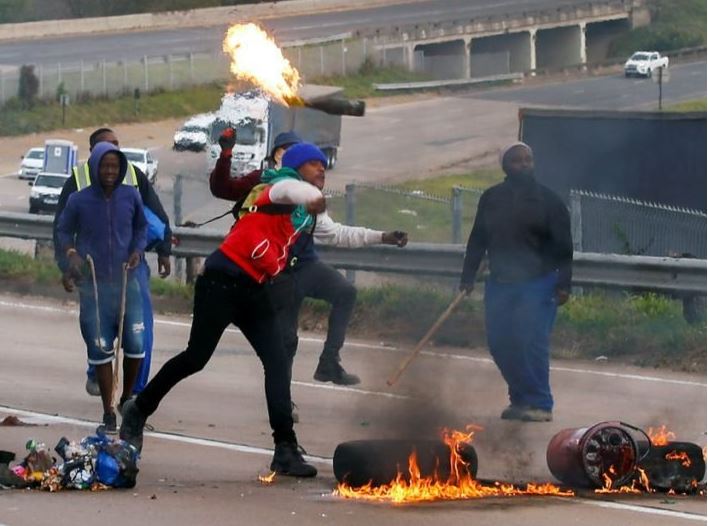Mozambique’s national elections commission has disclosed that vote counting in the country’s northwestern province has stopped due to possible fraud with more than 60 percent of votes counted so far.
The commission received more results sheets than there were polling stations in the province, a report released by a watchdog group said. The Centre for Public Integrity, a Mozambican anti-corruption organization, said that 234 result sheets were delivered while there were only 178 polling stations in the Tete province’s capital Tete City.
The increased number of results sheets could mean that some votes were counted twice. A ballot coding system should have prevented this and the commission said it is investigating the possible duplication.
On election day Wednesday in the southeastern African nation, voters burned ballot boxes in the same province, saying they were stuffed with votes marked for the ruling Frelimo party’s presidential candidate, Filipe Nyusi.
Provisional results show that Frelimo leads with 62 percent of the vote, while the official opposition Renamo has 32 percent of the vote and the Mozambique Democratic Movement has won just over 10 percent of the votes counted so far.
Also on Monday, United Nations Secretary-General Ban Ki-moon congratulated Mozambique for a peaceful election after the southeastern African nation maintained stability despite the outbreak of sporadic violence in recent years.
Observers declared the election free and fair last week, saying that while irregularities had taken place, these were not enough to make the results illegitimate.
Renamo’s presidential candidate Afonso Dhlakama and the MDM’s leader Daviz Simango have both rejected the provisional results. Renamo has alleged irregularities in four of Mozambique’s 10 provinces, while the MDM says the election was “full of irregularities” across the country.
“This cannot be treated technically. We must negotiate an outcome,” said Dhlakama who suggested a government of national unity, similar to that used in Kenya after post-election violence in 2009 in order to deter the possibility of violent protest.




